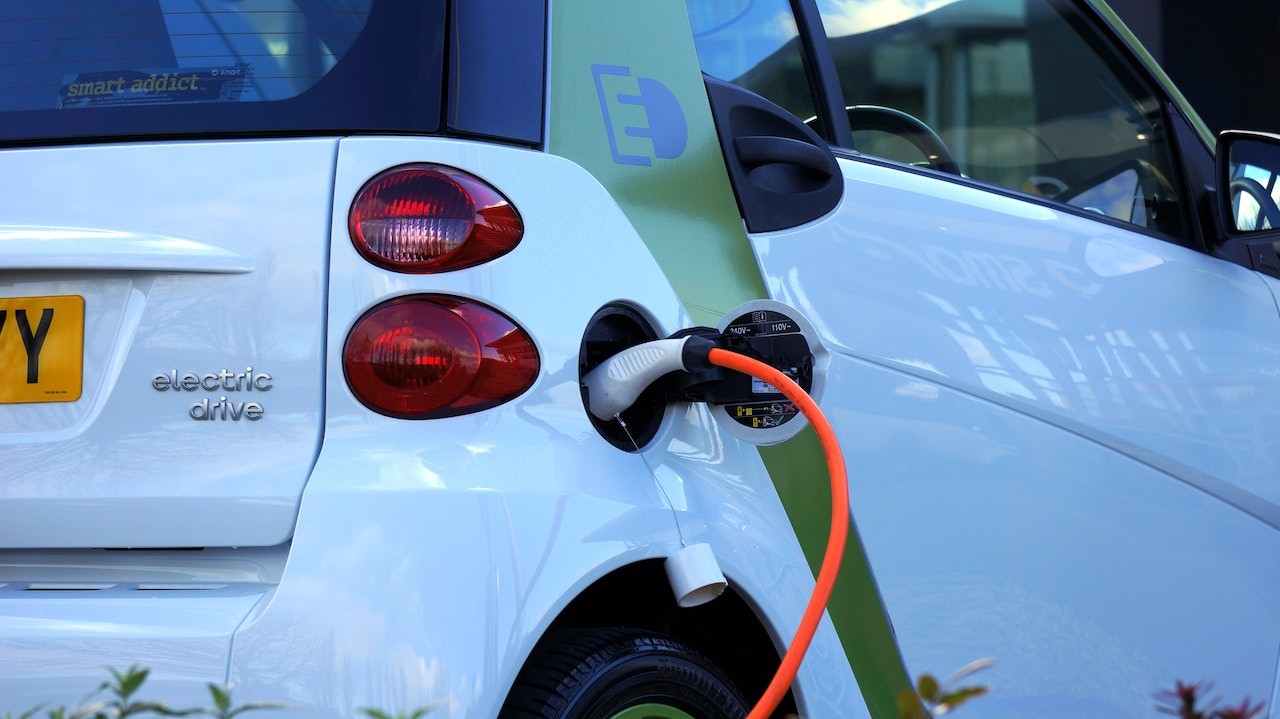Experts are casting doubt on the feasibility of Europe’s ambitious green electricity consumption goals, deeming them unrealistic. The Czech Republic, in particular, faces significant challenges in achieving the necessary annual growth in renewable energy infrastructure to meet EU targets, although some view these requirements positively.
The European Parliament recently approved the Renewable Energy Directive, setting a goal for renewable energy sources (RES) to comprise 42.5 percent of the European Union’s total energy consumption within seven years, more than doubling the current level. In 2021, RES accounted for only 17.7 percent of final energy consumption in the Czech Republic, with green electricity making up 14.5 percent of total electricity usage. In comparison, the EU as a whole had 21.8 percent RES production in overall energy consumption and 37.5 percent in electricity consumption.
The earlier target of 32 percent for green electricity in the EU was already seen as challenging by industry analysts. However, the new, more ambitious targets are considered both ambitious and unattainable.
Matej Hruby, a managing consultant at EGÚ Brno, believes that achieving the new targets is highly unlikely. He points out that over the past decade, the average RES share in the EU’s final energy consumption increased by only 0.7 percent. Meeting the original 32 percent target would require a yearly increase of 1.1 percent in RES for the period from 2022 to 2030, while the new target demands an annual increase of 2.3 percent, which is significantly higher and seemingly unattainable.
In contrast, Martin Bursík of the RES Chamber and president of the European Renewable Energies Federation remains optimistic, suggesting that the current directive requirements can be met. He even envisions the EU achieving a 45 percent RES share in energy consumption, anticipating potential revisions and increases to the targets based on climate science and models.
The Renewable Energy Chamber is currently calculating the feasibility of reaching the 42.5 percent goal, suggesting it could be achieved earlier if permitting processes for new green energy projects are accelerated. Štěpán Chalupa, chairman of the RES Chamber, asserts that preliminary calculations indicate the target is attainable, with about 40 percent of electricity and heat coming from renewable sources in the Czech Republic by 2030.
It’s important to note that the 42.5 percent target applies to the EU as a whole and is not binding for individual member states. Several EU countries, such as Austria, Denmark, and Finland, already have RES accounting for over 30 percent of consumption, with Sweden leading with over 60 percent. For the Czech Republic, achieving this level is not currently relevant, and experts anticipate a target of approximately 28 percent for the country, necessitating significant RES development.
While bureaucratic processes pose a significant hurdle to renewable energy expansion, there is hope that introducing “acceleration zones” with expedited permitting processes could facilitate progress, according to Martin Sedlák, program director of the Union of Modern Energy. The European Directive also promises to simplify and speed up approval processes, potentially allowing construction of renewable sources within a year or two.
Nevertheless, Hruby emphasizes that several constraints, including supply chain issues and source connections, make it unlikely for the EU to achieve the required annual RES growth rate until around 2030. If the directive is adopted by MEPs soon, individual countries may have more time to implement necessary measures.
Source: seznamzpravy.cz


















